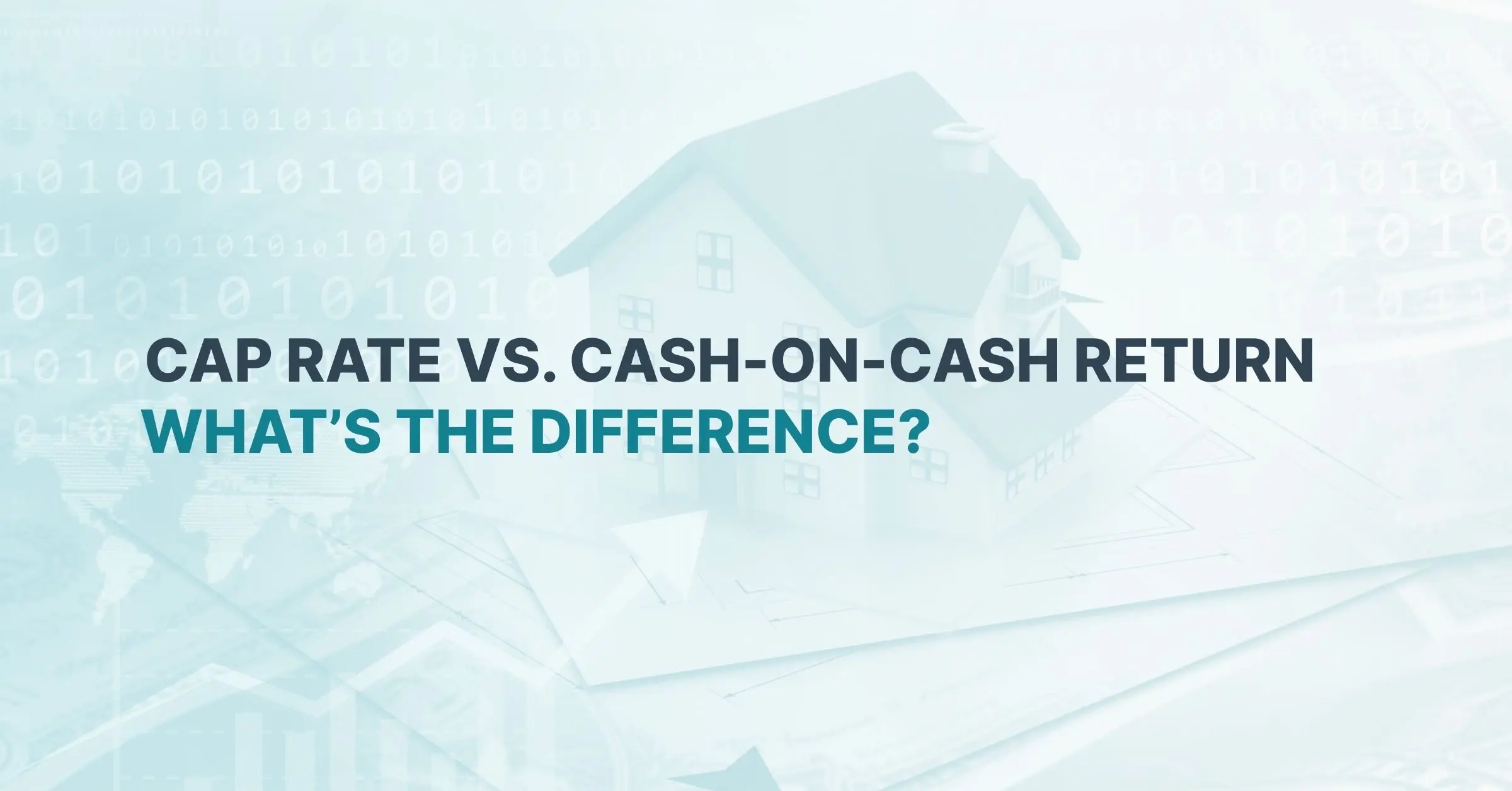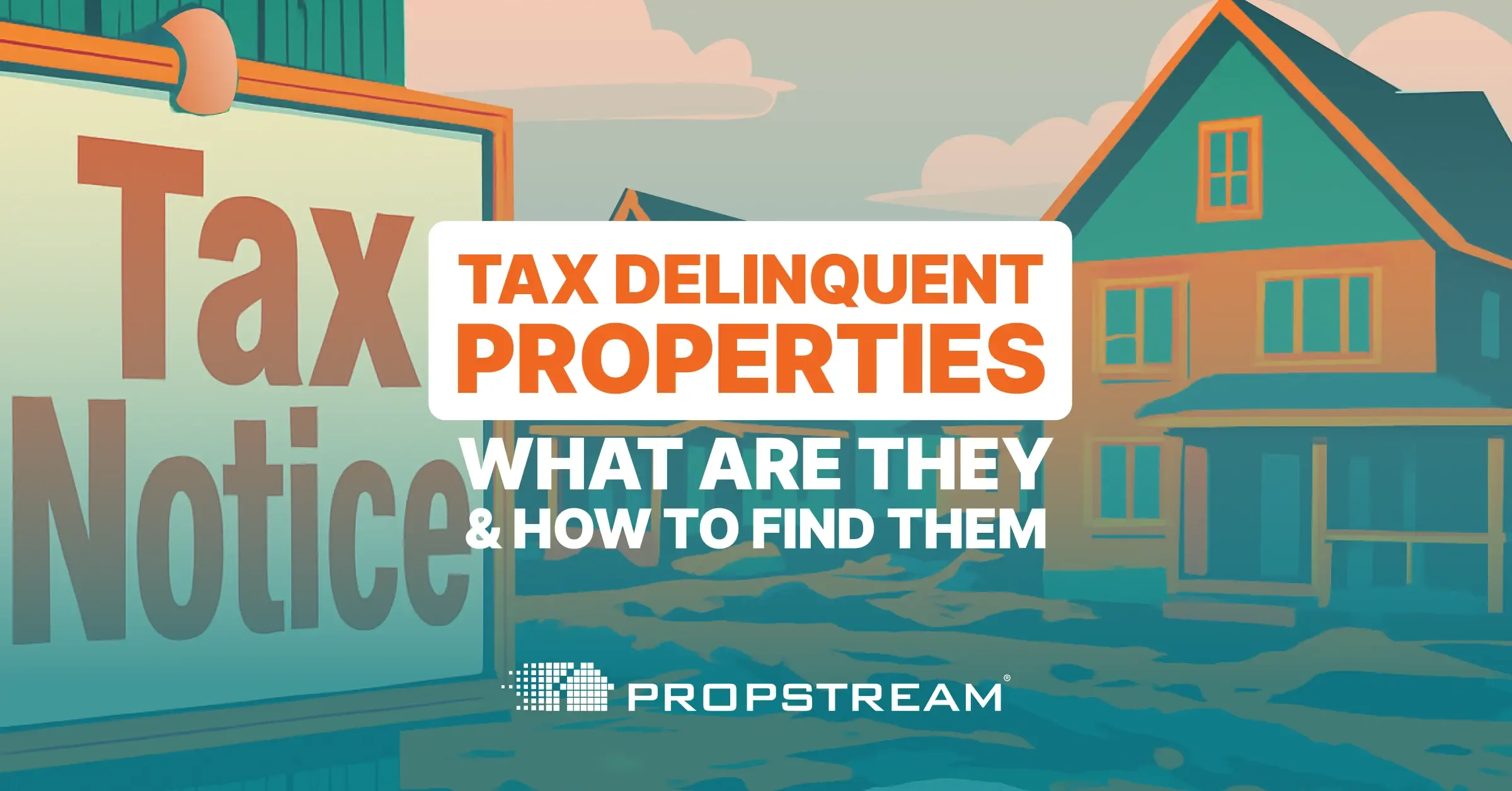Disclaimer: PropStream does not offer investing or legal advice. This article is for educational purposes only. We recommend hiring a licensed home inspector and financial professional before investing in real estate.
|
Key Takeaways:
|
For investors, every dollar matters. So, is paying for a home inspection necessary or optional?
The best way to think about a home inspection is as an investment. Yes, it’ll cost you upfront, but it can also help you avoid buying a house with undisclosed issues, negotiate a lower purchase price, and give you peace of mind about the quality of the home you’re buying.
Read on to learn how much a home inspection costs, what it covers, the pros and cons of getting one, and how to maximize its value.
What Is a Home Inspection in Real Estate Investing?
In real estate investing, a home inspection is a crucial step in the due diligence process. It’s a professional examination of a property’s condition that helps you decide whether to follow through with a purchase.
Typically, the home inspection occurs after you’ve signed a purchase agreement but before closing. In fact, most investors make their purchase offer contingent on a satisfactory home inspection. That way, you know what you’re buying before you’re locked in.
Whether it’s a fix-and-flip project or a turnkey rental, a home inspection gives you important information about a property before you buy it.
Average Cost of a Home Inspection
According to Angi, the average cost of a home inspection is $343. However, depending on where you live and the size of the home, you may spend anywhere from $185 to $513.
Here are the top factors that influence a home inspection’s cost:
Home size
The larger the home, the more a home inspection will likely cost. Here’s a breakdown of average cost by home size:
| Home Size (Sq. Ft) | Average Cost |
| Under 1,000 | $200-$250 |
| 1,000-1,500 | $225-$325 |
| 1,500-2,000 | $250-$375 |
| 2,000-2,500 | $275-$400 |
| 2,500-3,000+ | $300-$500+ |
Home Location
Just as home values vary by market, so does the cost of hiring a licensed home inspector. Here are some examples of home inspection costs nationwide:
| City | Average Cost |
| New York | $450 |
| Los Angeles | $330 |
| Chicago | $320 |
| Houston | $350 |
| Philadelphia | $450 |
| Miami | $300 |
| Atlanta | $320 |
Specialty Inspections
In some cases, your initial home inspection will reveal the need for an additional specialized inspection, such as the following (average added cost included):
| Specialized Inspection | Average Cost |
| Plumbing | $575 |
| Electrical | $340 |
| Foundation | $600 |
| Roof | $230 |
| HVAC System | $300 |
| Attic | $350 |
| Basement & Crawl Space | $200 |
| Pests | $125 |
| Mold | $660 |
| Lead Paint | $340 |
| Trees | $450 |
| Chimney | $450 |
| Asbestos | $490 |
| Radon | $250 |
What’s Covered in a Typical Home Inspection

A typical home inspection covers all of the following home areas:
- Roof: inspecting shingles, flashing, gutters, and chimneys for wear, leaks, or damage
- Attic and insulation: verifying insulation levels and looking for signs of leaks or pests
- Foundation: checking the foundation, basement, and crawl space for cracks, sagging, bowing, and water intrusion
- HVAC system: evaluating A/C units, furnaces, water heaters, and fireplaces for safe and efficient operation
- Doors and windows: testing for proper sealing, operation, and energy efficiency
- Walls and ceilings: looking for cracks, stains, uneven surfaces, or other signs of structural or water damage
- Plumbing, electrical, and ventilation systems: assessing pipes, wiring, outlets, exhaust fans, and system safety
- Exterior: checking siding, trim, outdoor fixtures, driveways, walkways, decks, and steps
- Grounds: evaluating grading, drainage, retaining walls, and other landscape features that affect water flow and stability
- Safety features: confirming the presence and condition of railings, smoke and carbon monoxide detectors, and fire extinguishers
What’s Not Covered in a Standard Home Inspection
Some areas require specialized inspections performed by certified professionals, such as:
- Radon: measuring indoor radon gas levels to assess potential health risks
- Mold: testing for hidden mold growth and overall air quality
- Pests: checking for termites, carpenter ants, rodents, and other pests
- Septic system: evaluating the septic tank, distribution lines, and drainage field
- Well water: analyzing water quality for contaminants, bacteria, or unsafe mineral levels
- Asbestos and lead: identifying hazardous materials, especially in older homes
Pros & Cons of a Home Inspection for Investors
As with any investment, a home inspection has its pros and cons. Let’s start with the pros:
Pros of Getting a Home Inspection |
|
| Risk Mitigation | Home inspections reveal hidden structural, mechanical, or safety issues before purchase, reducing costly surprises. |
| Negotiation Leverage | They provide documented defects you can use to negotiate a lower purchase price or request repairs. |
| Better Rehab Planning | They help you prioritize repairs, estimate renovation costs, and budget for value-add improvements. |
Next, let's explore the cons:
Cons of Getting a Home Inspection |
|
| Added Upfront Cost | Inspection fees can cut into your immediate cash flow and may feel unnecessary on lower-value or wholesale deals. |
| Potential Closing Delays | Scheduling and waiting for inspections can slow down deals, which may be risky in competitive markets. |
| Deal Jeopardy | A poor inspection report might spook partners, lenders, or even cause you to walk away from an otherwise profitable deal. |
Is a Home Inspection Worth It for Investors?
For most investors, the most considerable value of a home inspection is avoiding a bad deal.
Think of it this way: Spending $350 on an inspection may seem unnecessary, but it can save you from a $10,000+ surprise repair that wipes out your profits or jeopardizes your business. Inspections are less of a cost and more of an insurance policy for your investment strategy.
The main exceptions are wholesalers, who aren’t holding the property long term, or highly experienced flippers buying distressed homes where major rehab work is already expected. Even then, however, an inspection can still provide leverage, clarity, and peace of mind.
3 Tips for Maximizing a Home Inspection’s Value
Try PropStream for 7 Days Free!
Here are some tips to get the most out of your home inspections:
1. Use inspection findings to renegotiate the purchase price
A thorough home inspection can uncover hidden defects or costly repairs that weren’t obvious during your initial walkthrough. Use these findings to negotiate a lower purchase price or request repairs to ensure the deal still hits your return target.
2. Prioritize inspections on unfamiliar markets or older properties
If you’re buying in a market you don’t know well, or purchasing an older property more likely to have issues, inspections are especially valuable. They can help identify risks specific to the area or the property’s age, giving you more confidence in your investment decision.
3. Build relationships with reliable inspectors for faster turnaround
Work with an experienced, trustworthy inspector to streamline the home inspection process. That way, you can move faster on competitive deals and trust that you’re always getting timely and thorough inspection reports.
Related: 18 Must-Ask Questions for Home Inspectors (Interview)
Save on Inspection Costs by Filtering Out Bad Deals with PropStream

While home inspections may feel like an unnecessary expense, they can protect your ROI by uncovering hidden issues and giving you more leverage in negotiations. The key is knowing which properties are worth inspecting in the first place.
With PropStream, you can evaluate over 160 million properties upfront, filter out risky deals, and focus your inspections—and investment dollars—on the opportunities most likely to pay off. After finding the best prospects, PropStream makes outbound marketing a breeze, with the ability to perform a skip trace and craft your marketing campaign on one affordable and convenient platform.
Make inspections work for you, not against you, by starting your property analysis with PropStream.
Try PropStream for 7 Days Free—Find 50 of the Best Opportunities at No Cost
Frequently-Asked Questions (FAQs)
How much does a home inspection cost?
Home inspections typically cost anywhere from $185 to $513, depending on the home’s size and location, and any specialized inspections needed.
What does a standard home inspection cover?
A standard home inspection evaluates the roof, foundation, HVAC, plumbing, electrical systems, doors and windows, walls and ceilings, exterior, grounds, key safety features, and more.
Do investors need to get a home inspection?
While not mandatory, home inspections are highly recommended for most investors because they can help you avoid costly surprises, plan repairs, and negotiate better deals.
When is the best time to schedule a home inspection?
Inspections are usually conducted after signing a purchase agreement but before closing (aka the due diligence period).
Do I still need a home inspection if I use PropStream?
Yes. PropStream helps you evaluate properties upfront and identify potential risks, but a home inspection provides a more thorough, on-the-ground assessment.
Subscribe to PropStream's Newsletter


